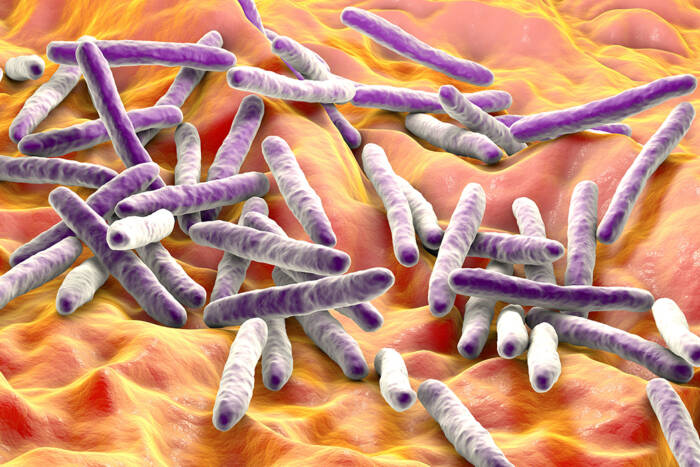Ayse Begum Tekinay
B.S., Bilkent University
Targeted Disruption of lynx2 Reveals Distinct Functions for lynx Homologues in Learning and Behavior
presented by Nathaniel Heintz
Ayse Tekinay is brilliant; having placed second among a million and a half students on the national university entrance exam, she entered Bilkent University in Ankara under full scholarship and completed her undergraduate studies with the highest GPA in her college. Ayse went on to post nearly perfect GRE scores, was enthusiastically admitted for her graduate studies here at Rockefeller, and granted a prestigious Howard Hughes Medical Institute predoctoral fellowship. Since Ayse chose to pursue her studies in my laboratory, I was faced with a bit of a problem: What particular scientific interest would present the most stimulating challenge for this exceptional person? Of course, I should note that this problem was really not my problem, since Ayse was fully capable of providing a solution. Ayse chose to focus on a small family of proteins discovered in the lab that are related to snake venom toxin and can alter the electrical properties of specific cells and circuits. She had discovered that one of these molecules is highly enriched in the amygdala, a small brain structure that controls our emotions. Fear, anxiety, aggression, even joy and happiness — these are not the province of human beings, but of all animals. So Ayse decided to ask how removal of this intriguing small gene would affect the emotional behavior of our favorite living test tube, the house mouse. She discovered that mice that have lost this gene are normal, almost. They learn, move, eat and generally behave normally. But imagine her gratification when she discovered that they suffer from high levels of anxiety and a lack of sociability — remarkable, really.
Anxiety disorders are common and can be quite debilitating if left unchecked. As many of you probably know, the drugs used to treat anxiety are not perfect. People who suffer from anxiety respond to them differently. Ayse discovered that, unlike normal mice, mutant mice are completely unresponsive to these drugs. Could this be an important genetic determinant of human anxiety and its treatment? We will see, but if the past can be used as a gauge to the future, I’d place my bets on Ayse. Ayse’s intelligence, warmth, generosity and general good nature are highly appreciated in the lab, and it seems to me that her sense of humor is growing, or maybe it’s just being translated better from Turkish into English. But we’re all the better for it. Ayse is dedicated to her young and growing family and has been closely involved with the Child and Family Center here at the university. She is truly a wonderful young woman.



